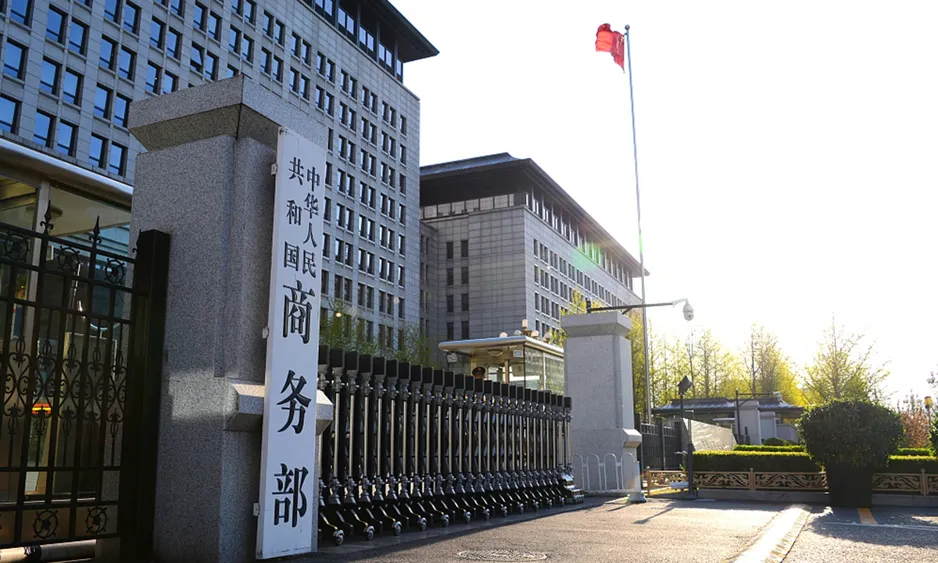China to Review Anti-Dumping Duties on Indian Optical Fiber

China's Ministry of Commerce (MOFCOM) has announced plans to review the anti-dumping duties imposed on imports of single-mode optical fibers from India. This review, set to commence on August 14, 2025, aims to evaluate the effects these tariffs have on local manufacturers in the Chinese market.
The central focus of this review is to determine whether the cessation of anti-dumping duties could lead to a continuation or re-emergence of dumping practices, and whether such changes would adversely affect the domestic optical fiber industry in China.
Since August 2014, China has enforced anti-dumping tariffs on single-mode optical fibers imported from India, with rates varying between 7.4 percent and 30.6 percent. In August 2020, these duties were extended for an additional five years, following a thorough assessment by MOFCOM.
The current review was prompted by a request submitted on June 5, 2025, from five Chinese companies involved in the single-mode optical fiber sector. These companies argue that lifting the anti-dumping measures could allow India to continue or even intensify dumping practices, threatening the integrity of the local industry.
The applicants have urged MOFCOM to conduct a comprehensive investigation and maintain existing anti-dumping duties. They emphasize that the potential for ongoing damage to China's optical fiber sector necessitates sustained regulatory measures.
To initiate the expiry review, MOFCOM has rigorously evaluated the qualifications of the applicants, the nature of the products in question, and the prevailing import situation. This investigation involves analyzing the likelihood of continued or renewed dumping, as well as potential harm to the domestic industry.
The evidence gathered during these inquiries indicates that the applicants meet the necessary criteria as defined by China's Anti-dumping Regulations. Consequently, they are recognized as valid representatives of the domestic single-mode optical fiber industry.
Authorities involved in the investigation are inclined to believe that the assertions made by the applicants, supported by preliminary evidence, are sufficient to justify the commencement of an expiry review.
Through this process, China maintains its stance on regulating international trade practices while balancing the interests of local industries, signifying the ongoing complexities present in global trade dynamics.
Read These Next

Goolsbee Says Federal Reserve Data Revisions Should Not Cause Controversy
Fed's Evans says non-farm payroll revisions shouldn't be contentious, stressing data accuracy's importance for U.S. economic policy.

Hefei Xueqi Electric Acquires Shengbang Electric
This commentary analyzes Hefei Xueqi Electric's acquisition of a controlling stake in Hefei Shengbang Electric, highlighting the strategic implications, financial trends, and associated risks, while drawing parallels to historical market dynamics.

FDA Launches Program to Streamline U.S. Drug Manufacturing
The article discusses the FDA's launch of the "PreCheck" program aimed at streamlining the creation of new drug manufacturing sites in the U.S., reflecting a policy shift to bolster domestic pharmaceutical production in response to national security concerns and public health needs. It highlights advancements in drug accessibility and touches on the implications for the pharmaceutical industry, stakeholders, and consumers within a broader economic context.
